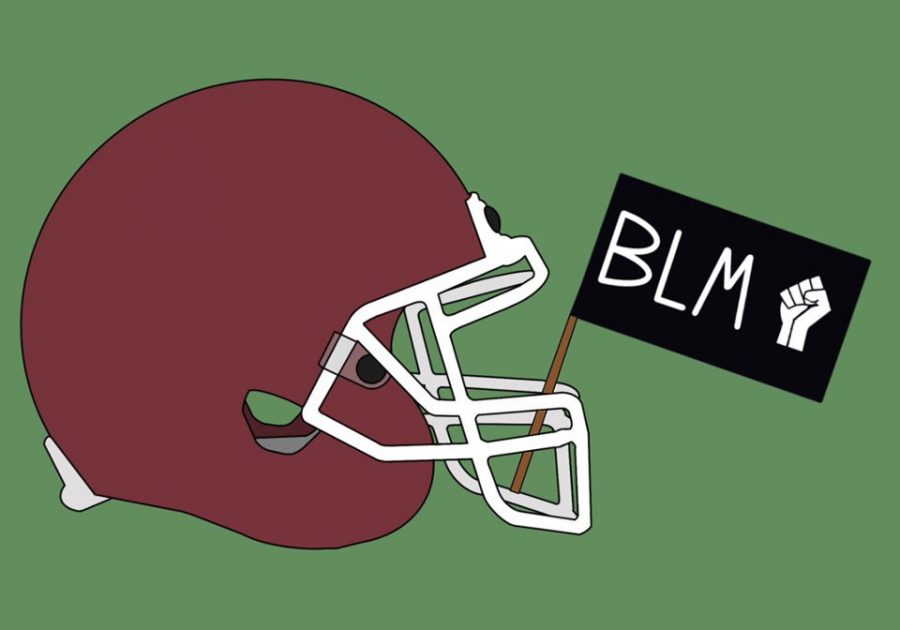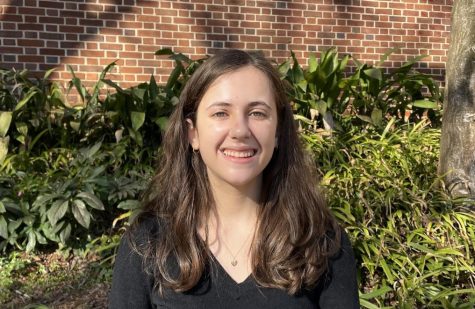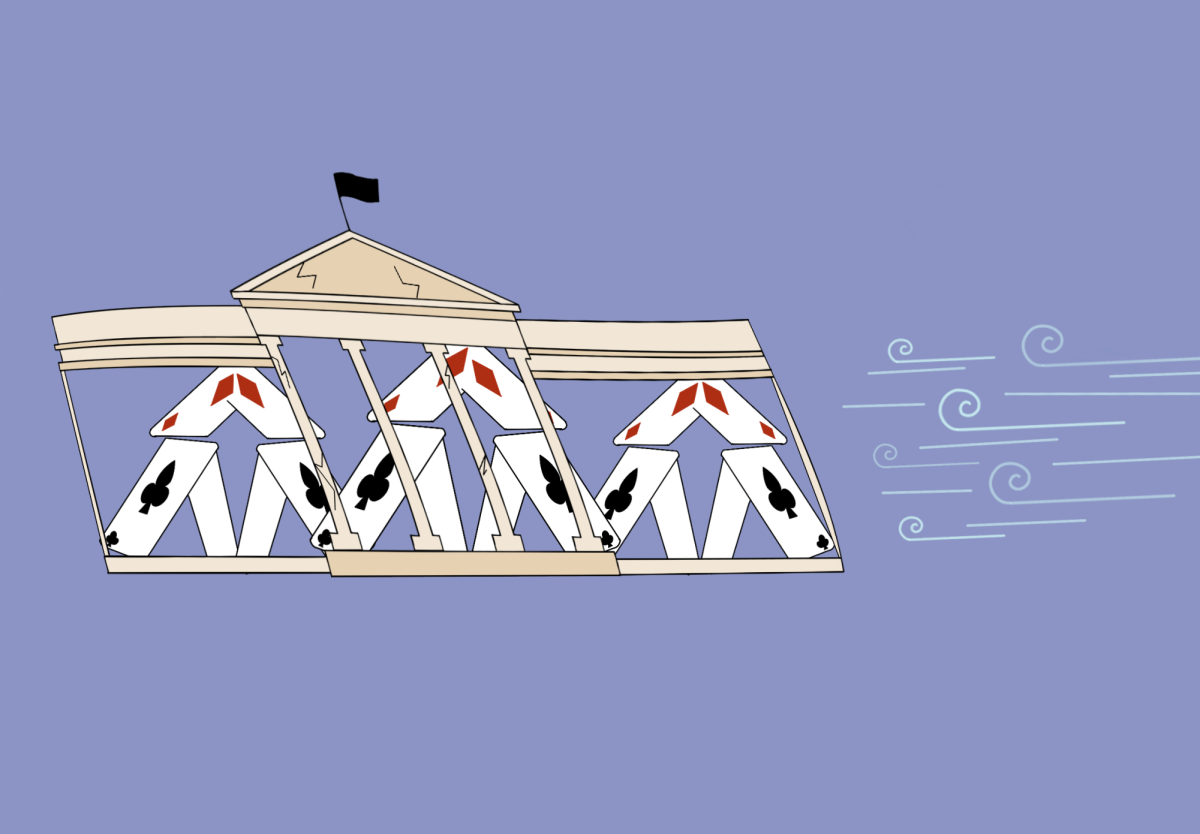Athletes take on social issues
Athletes show their support for the Black Lives matter movement in different ways.
November 18, 2020
From demonstrations like kneeling, staying in the locker room for the national anthem and postponing games, professional athletes have used their platforms to speak out on the issues such as the Black Lives Matter movement.
The NBA, WNBA, MLS and MLB postponed games after the shooting of an unarmed man, Jacob Blake, in Wisconsin. However, prior to the postponements, athletes had been protesting and speaking out about racism in the United States.
Sophomore football player Jordan Taylor believes professional athletes have successfully used their large platforms to push for change and to inspire young athletes to do the same.
“Major athletes with really big followings like Lebron James and Giannis Antetokounmpo have a really big role in society because they can influence a lot of their followers,” Taylor said. “A lot of people look up to them and will see what they say. If they go out and say they support Black Lives Matter, a lot of their followers will support that, too.”
Junior girls basketball player Jade Lewis said anyone with a large following should use their platform to spread awareness.
“I think anyone who has a voice should spread awareness to everybody who will listen because a lot of people have something to say but don’t have the status,” Lewis said.
The BLM movement has also diffused into Grady sports.
“Our basic policy is our students are free to express themselves however they would like during the national anthem, as long as it is not interfering with other people at the game or the game itself, ” Grady athletic director Patrick Johnson said.
There are a diversity of viewpoints on the issue at Grady and free expression is encouraged.
“It’s a personal decision,” Johnson said. “We are a public school, and one of the great parts about living in America is we all have freedom of speech and the freedom to express ourselves however we think is best. The decision on whether to kneel, or not kneel, or how to treat that moment, is a personal decision, and I think that’s something to respect.”
Some athletes opt to wear apparel to support their cause instead of kneeling for the national anthem.
“We don’t kneel,” Taylor said. “I’ve seen a couple players have Black Lives Matter masks and stuff, but we don’t really have fans.” [because of Covid-19]
At a district level Atlanta Public Schools acknowledges the views of students and staff, but also has to consider the overall school environment.
“Protesting by kneeling at the national anthem or whatever student athletes may choose to do, those decisions are left up to the individual schools, principals, and their coaches. As long as it falls in line, it can’t be anything that would interfere with either instructional activities during the day or the game itself,” Atlanta Public Schools states. The district policy also says students and teachers have the right to “form and express opinions on controversial issues without fear of retaliation.”
President Donald Trump, however, has been clear on his position against kneeling during the national anthem. Trump criticized the NFL commissioner, Roger Goodell, who said the NFL now “encourages all to speak out and peacefully protest.” Trump responded by tweeting “he [Roger Goodell] was intimating that it would now be O.K. for the players to kneel, or not stand, for the National Anthem, thereby disrespecting our country and our flag.”
Lewis disagrees with this stance.
“When it comes to if a player wants to kneel or wants to do something to honor Black Lives Matter, I think they should be able to do that,” Lewis said.
In the end, athletes will, nevertheless, continue to join together and play the sports they love, despite their differences.
“When I go into sports, I don’t think about stuff like that,” Lewis said. “It’s just a family, no matter who you are playing with. So, when I play, it’s just me and the sport. I don’t think about political issues like Black Lives Matter.”








